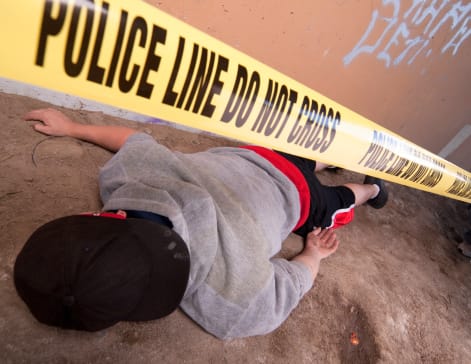Is Ritalin addictive? This question is often asked by people who are considering medication to treat symptoms of ADHD. While Ritalin, also known as methylphenidate, has been proven effective in managing ADHD symptoms, it does have the potential for abuse and addiction. The use of Ritalin has steadily increased over the years, with many children being prescribed the medication at a young age.
At The Right Step, we provide substance abuse treatment to clients who are addicted to Ritalin. To learn how we treat addiction, contact us at 17135283709. Everyone deserves to live a life free from addiction, and our team is dedicated to helping individuals overcome their struggles and find recovery.
What Is Ritalin?
Ritalin is a prescription medication commonly used to treat attention deficit hyperactivity disorder (ADHD) and narcolepsy. Ritalin, also known as methylphenidate, is a central nervous system stimulant that affects chemicals in the brain and nerves that contribute to hyperactivity and impulse control. It is typically prescribed to individuals with ADHD to improve their ability to focus and reduce impulsivity.
It is essential for individuals who take Ritalin to understand the potential risks and seek professional help if they suspect they may have developed an addiction.
How Does Ritalin Work?
Ritalin works by increasing the levels of dopamine in the brain. Dopamine is a neurotransmitter that plays a key role in reward-motivated behavior and pleasure sensations. By increasing dopamine levels, Ritalin can improve concentration and reduce hyperactivity in individuals with ADHD.
Is Ritalin Addictive?
Is Ritalin addictive? While Ritalin can be a helpful medication for individuals with ADHD, it also has a significant potential for abuse and addiction. Individuals who take Ritalin to get high or improve performance are at a higher risk of developing an addiction. This is especially true for individuals who do not have a prescription for Ritalin or misuse the medication by taking it in higher doses than prescribed.
Signs of Ritalin Addiction
Some common signs of Ritalin addiction include:
- Taking larger doses of Ritalin than prescribed
- Taking Ritalin more frequently than prescribed
- Trying to obtain Ritalin through illegal means
- Spending excessive amounts of money on Ritalin
- Neglecting responsibilities and personal relationships due to Ritalin use
- Experiencing withdrawal symptoms when attempting to stop using Ritalin
- Continuing to use Ritalin despite negative consequences to health, finances, or relationships
If you or someone you know is exhibiting these signs, it is essential to seek professional help for Ritalin addiction. Remember, recognizing the signs of Ritalin addiction is crucial for identifying the problem early and seeking professional help to prevent further damage to the body and mind.
Benefits of Substance Abuse Treatment for Ritalin
Substance abuse treatment can provide individuals with the tools and support they need to overcome addiction and achieve lasting sobriety. The benefits of substance abuse treatment for Ritalin addiction include:
- Medical supervision during detoxification
- Access to therapy and counseling services
- Support from peers and medical professionals
- Developing healthy coping mechanisms
- Learning relapse prevention strategies
- Addressing co-occurring mental health disorders
Substance abuse treatment can be a challenging but necessary step towards a healthier and happier life free from addiction.
Call The Right Step to Start Substance Abuse Treatment
If you or someone you know is struggling with Ritalin addiction, The Right Step can help. Our comprehensive substance abuse treatment programs are designed to address each patient’s unique needs and provide a holistic approach to recovery. Our experienced medical professionals, clinicians, and therapists use evidence-based practices to provide compassionate care and support throughout each patient’s journey to sobriety.
Don’t wait to seek help. Contact The Right Step now at 17135283709 to start your journey to recovery.






